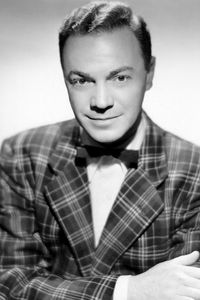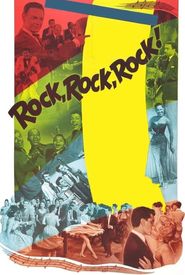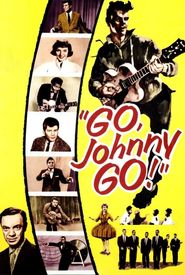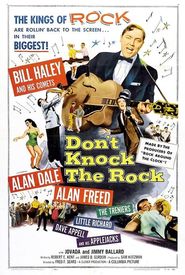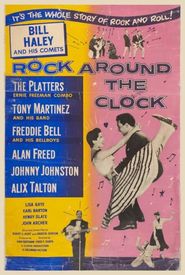Alan Freed, a pioneering American disc jockey, music writer, and rock and roll promoter, initially gained widespread recognition in the late 1940s while working at radio stations in Ohio, ultimately leading to a career-defining stint in New York City.
As a trailblazing figure, Freed was instrumental in revolutionizing the music industry by directly introducing African-American artists to predominantly White audiences, thereby bypassing the conventional practice of playing White acts that had covered Black artists' music.
Freed's influence extended beyond radio broadcasting, as he played a pivotal role in popularizing the term "rock and roll" as a genre and a cultural phenomenon. Throughout the late 1950s, he appeared as himself in a series of "jukebox musical" films, showcasing an array of popular groups and singers, and as a presenter on television.
However, Freed's career was marred by a series of scandals in the early 1960s, which ultimately led to his downfall. He was accused of accepting "payola" payments from record companies, essentially bribes to play specific songs, and taking credit for co-writing songs that he did not actually write, thereby receiving royalties when he and others performed them on the air.
Freed's personal struggles also came to the forefront, as he battled tax evasion and alcoholism. Despite these setbacks, Freed's legacy continued to endure, and he was posthumously inducted into the Rock and Roll Hall of Fame in 1986, 21 years after his passing.
